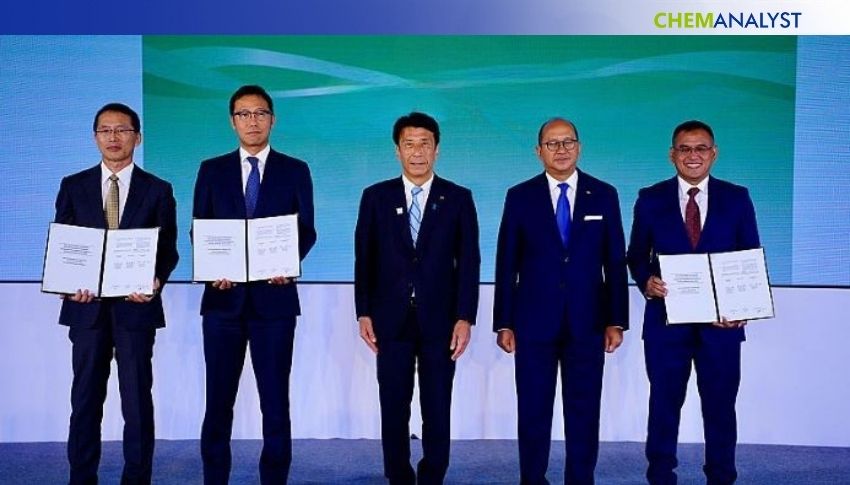Welcome To ChemAnalyst

Pupuk Indonesia signs MoUs for gas supply and CO2 utilization, supporting clean energy transition and national food security ambitions.
Indonesia’s state-owned fertilizer producer, PT Pupuk Indonesia (Persero), has signed two significant memorandums of understanding (MoUs) aimed at reinforcing the country’s commitment to energy transition and ensuring food security. These agreements were inked with subsidiaries of PT Energi Mega Persada Tbk (EMP), namely EMP Gebang Limited and PT Pema Global Energi (PGE), and mark a key step in strengthening the company’s supply chain while advancing sustainable industrial practices.
Speaking at the event in Jakarta, Pupuk Indonesia’s President Director, Rahmad Pribadi, stated that the two MoUs represent a dual-pronged approach to secure natural gas feedstock and develop carbon utilization technologies. “These partnerships are not only intended to reinforce our supply base but also to cement Pupuk Indonesia’s role in facilitating the shift to clean energy while helping achieve national food self-sufficiency through a more resilient and sustainable fertilizer sector,” Rahmad emphasized.
The first MoU, signed with EMP Gebang Limited, focuses on sourcing natural gas from the Gebang Working Area in North Sumatra. The plan involves an estimated delivery of 100 million British Thermal Units (MMBTU) per day. This gas supply is designated to support the operations and revitalization efforts at PT Pupuk Iskandar Muda (PIM), one of Pupuk Indonesia’s key subsidiaries. Rahmad noted, “The additional gas supply will provide the capacity to carry out significant upgrades and revitalization at PIM.”
The second agreement with PGE concentrates on the development of Carbon Capture and Storage (CCS) and Carbon Capture, Utilization, and Storage (CCUS) projects in the Arun Gas Field, located in Lhokseumawe, Aceh. The Arun region is increasingly seen as a strategic location for future clean ammonia production and international trade. Rahmad revealed that discussions are also underway with Japanese stakeholders to develop hybrid green ammonia in Aceh and shift ammonia bunkering operations from Singapore to Aceh, thereby transforming the region into a clean ammonia trade hub.
“These efforts are closely aligned with Indonesia’s Asta Cita vision, which emphasizes national food independence and a transition to a green economy,” Rahmad said, adding that the initiatives are expected to generate employment opportunities and stimulate regional economic activity.
EMP Group CEO Syailendra S. Bakrie voiced support for the collaborations, emphasizing their role in helping Indonesia meet its Net Zero Emissions (NZE) target by 2060. Edoardus Ardianto, EMP’s Deputy CEO and CFO, shared production timelines, stating that gas output from Gebang is projected to commence at 40 million cubic feet per day in the first half of 2027, scaling up to 140 million cubic feet per day by 2030, with Pupuk Indonesia as a major off-taker.
These strategic moves signify a broader effort by Indonesia to decarbonize industrial sectors while maintaining critical supply chains for national agriculture.
We use cookies to deliver the best possible experience on our website. To learn more, visit our Privacy Policy. By continuing to use this site or by closing this box, you consent to our use of cookies. More info.
